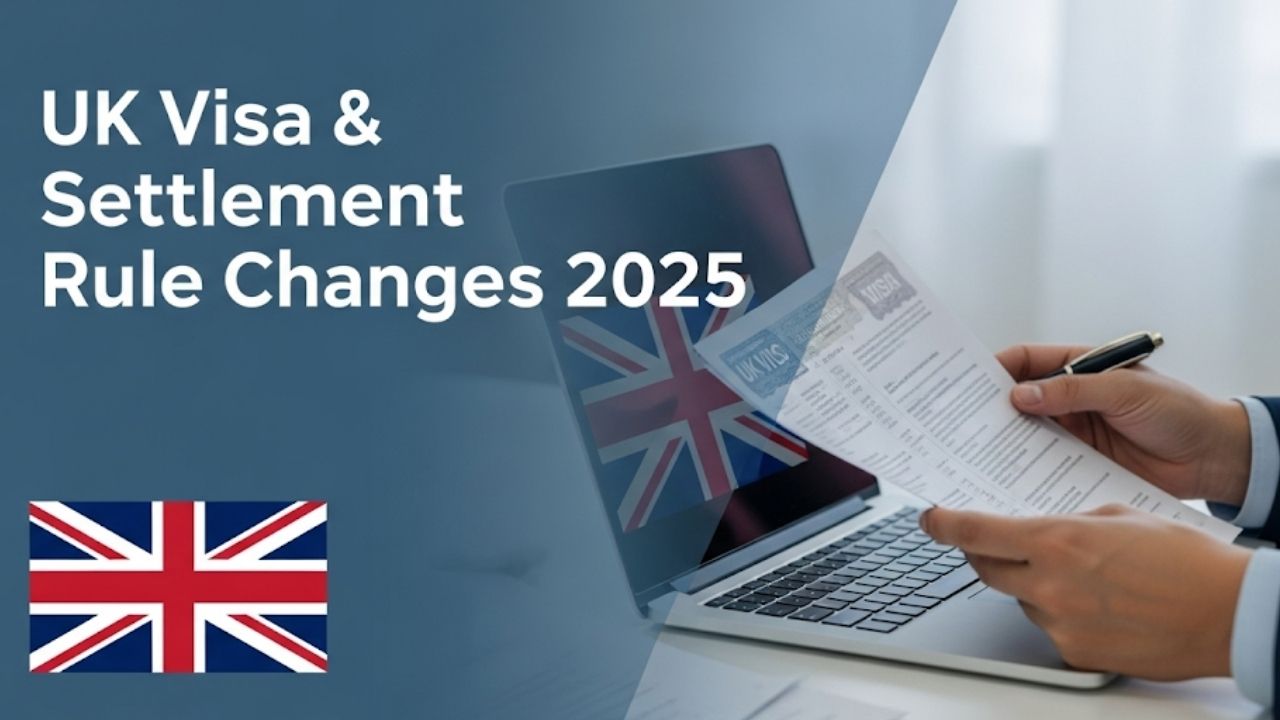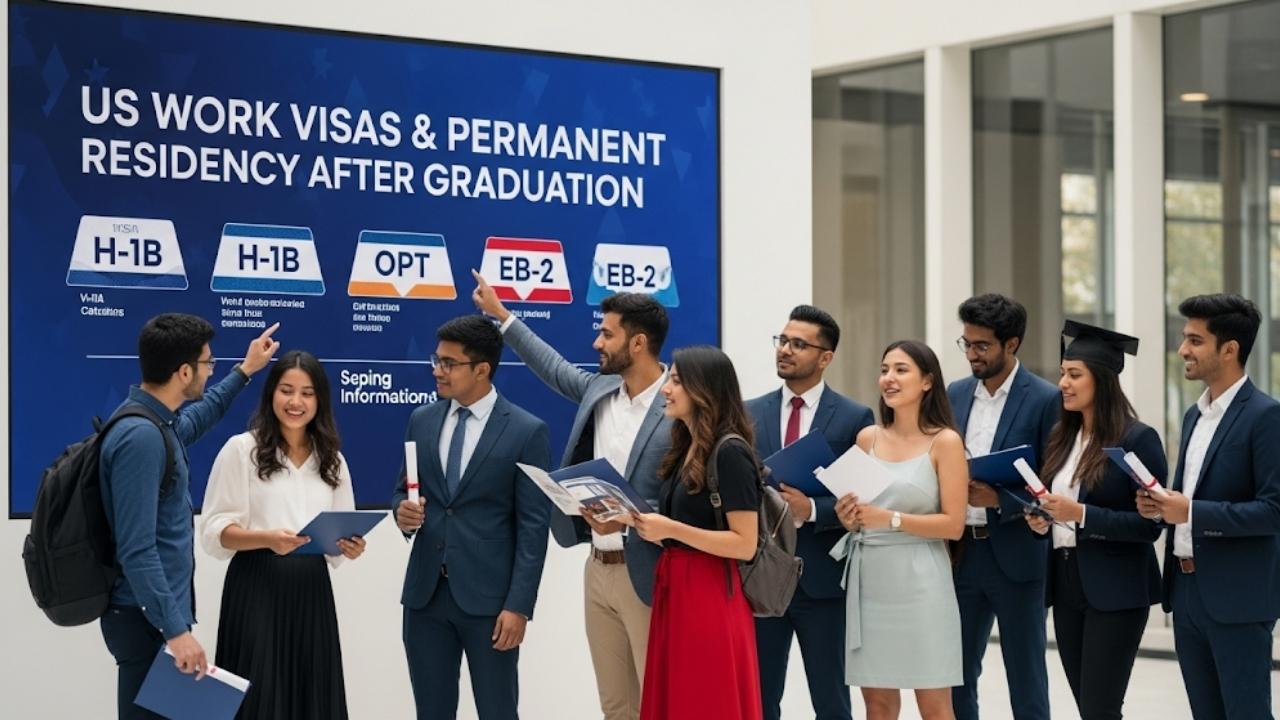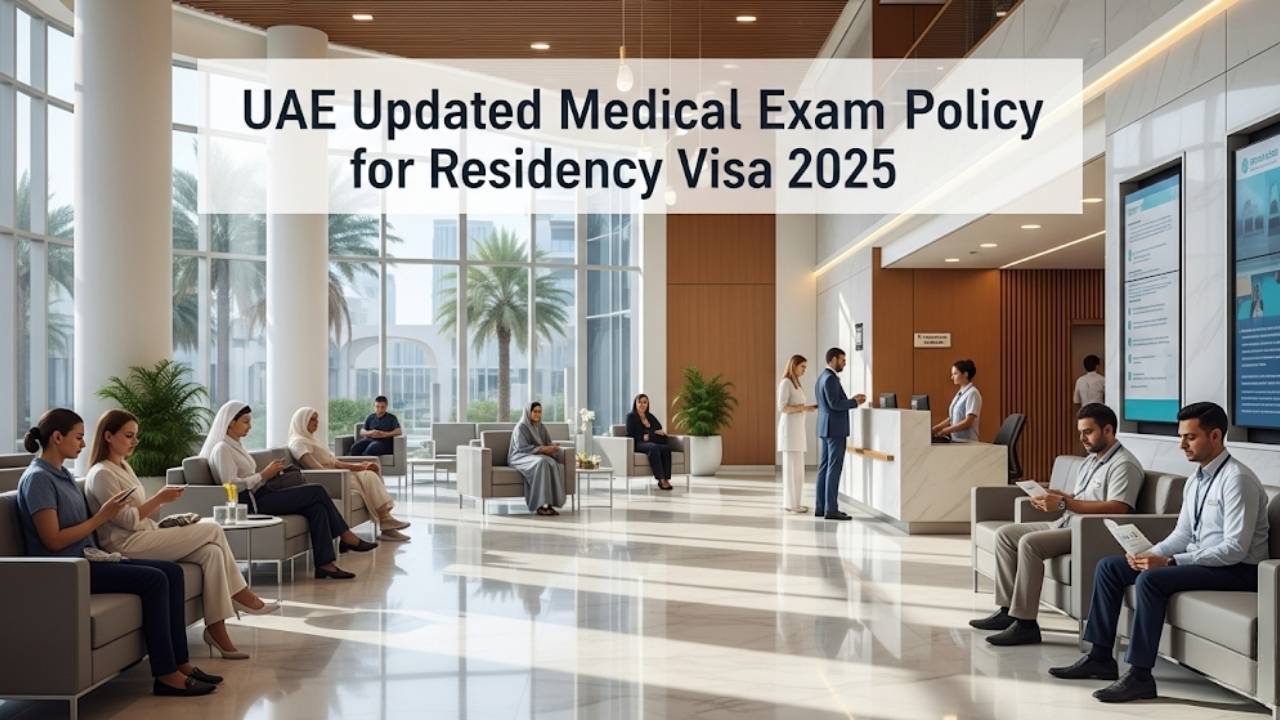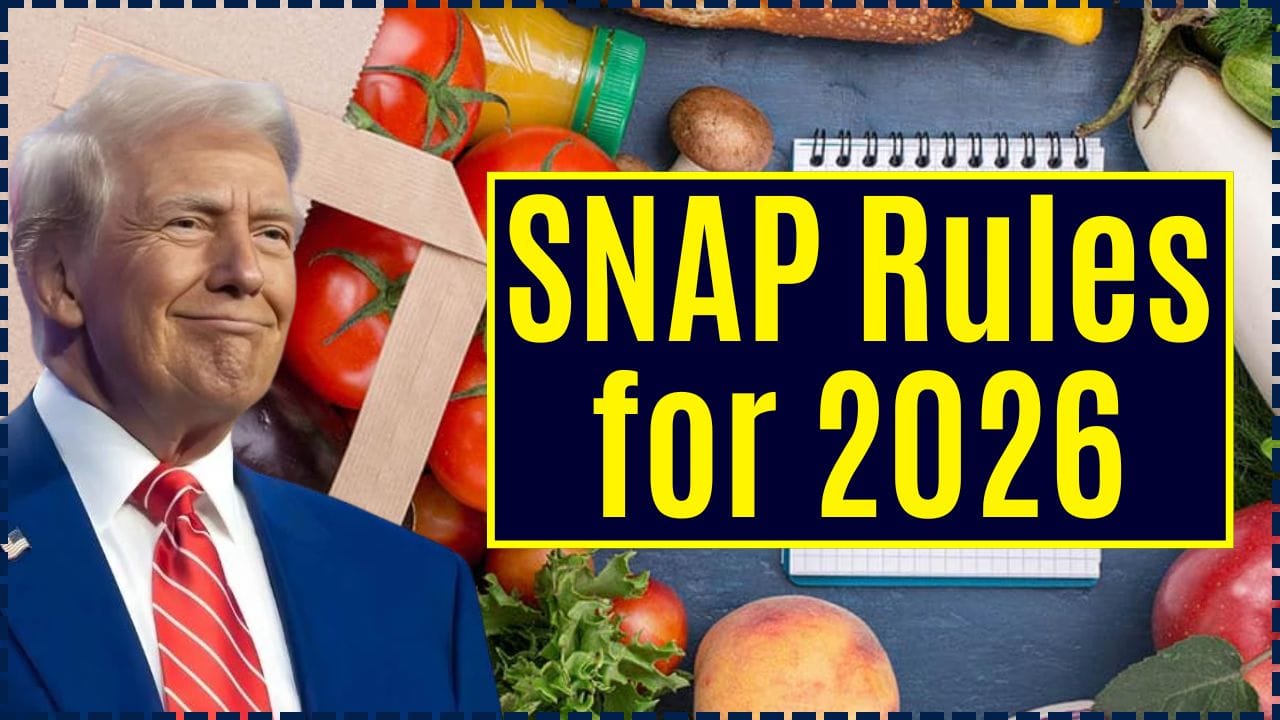Navigating the UK Visa and Settlement Rule Changes 2025 can feel like trying to read a map in a fast-moving train. With a flurry of announcements and phased rollouts, it’s easy to feel overwhelmed. You might be a skilled professional eyeing a career in London, a graduate hoping to launch your career here, or a family longing to be reunited on British soil. Whatever your dream, understanding these new rules is the first step toward achieving it.

But here’s the good news: while the landscape has shifted significantly, the path forward is not closed. It’s just different. This guide is here to be your friendly, expert co-pilot. We’ll break down the key changes, explain what they mean for you in practical terms, and offer actionable advice to help you confidently prepare your application. We’re here to turn complexity into clarity and anxiety into action.
The Big Picture: What’s Changing and Why?
In a bid to reshape the UK’s immigration landscape, the government introduced a series of significant updates, most stemming from its five-point plan and a policy paper released in May 2025. The stated goals are to reduce net migration, prioritise skilled workers who can fill specific economic gaps, and ensure that those who come to the UK can financially support themselves.
These aren’t just minor tweaks; they represent a fundamental shift in policy. The most impacted areas are work visas, family sponsorship, and the long-term path to settlement (Indefinite Leave to Remain).

The New Reality for Skilled Workers
For professionals looking to work in the UK, the Skilled Worker visa is the most common route. The changes here are among the most significant.
A Higher Bar: The New Salary Thresholds
The headline change is the dramatic increase in the minimum salary required for a Skilled Worker visa. As of April 2024, the general salary threshold jumped from £26,200 to £38,700 per year.
However, it’s not a one-size-fits-all figure. You must also be paid at least the “going rate” for your specific occupation, which has also been updated and, in many cases, increased.
Key Salary Thresholds to Know:
- Standard Skilled Worker Visa: £38,700 per year, or the specific going rate for your job, whichever is higher.
- Health and Care Worker Visa: This route is exempt from the £38,700 threshold but has its own updated requirement, now at £29,000. This is a crucial lifeline for the NHS and social care sectors.
- “New Entrants” to the Labour Market: If you’re under 26, a recent graduate, or in postdoctoral training, you may benefit from a lower threshold of £30,960, or 70% of the going rate for your role.1 In my experience advising graduates, this “new entrant” discount is a vital concession, but timing your application before you no longer qualify is critical.
- Roles on the Immigration Salary List (ISL): The old Shortage Occupation List (SOL) has been replaced by the Immigration Salary List. Jobs on the ISL also benefit from a lower general threshold of £30,960.
This means that employers must be prepared to offer significantly higher salaries to sponsor overseas talent, and applicants need to secure roles that meet these new financial benchmarks.
Expert Insight: I’ve seen many successful applicants pivot their job search to focus on roles with companies that have a strong history of sponsorship and understand these new salary structures. It’s no longer just about finding a job; it’s about finding a compliant sponsor for a role that pays accordingly.
A Shifting Landscape for Families
The rules for bringing partners, spouses, and children to the UK have also seen some of the most emotionally charged changes.
The Minimum Income Requirement (MIR) for Family Visas
For years, a British citizen or settled person needed to earn at least £18,600 to sponsor a non-UK partner. In a phased approach, this has changed dramatically.
- Current Requirement: As of April 11, 2024, the Minimum Income Requirement (MIR) for new applicants rose to £29,000.
- Future Uncertainty: The government had initially planned to increase this further to align with the Skilled Worker threshold. However, this plan is currently on hold. The Migration Advisory Committee (MAC), an independent body that advises the government, published a review in June 2025. It advised against further increases, suggesting the current level is already challenging for many families.
This is a critical space to watch. For now, the £29,000 figure stands, but there is a glimmer of hope that it will not rise further. You can meet this requirement through your sponsor’s income, your own income if you’re already in the UK with permission to work, or through significant cash savings (£88,500).
The Longer Road to Settlement: A Proposed Overhaul
Perhaps the most forward-looking and debated proposal is the plan to change the path to Indefinite Leave to Remain (ILR), or settlement.
From Five Years to Ten?
The May 2025 policy paper proposes increasing the standard qualifying period for settlement from five years to ten years for most work and family routes.
The idea is to introduce an “earned settlement” system, where individuals could potentially shorten this ten-year period by demonstrating specific contributions to the UK, though the criteria for this are not yet defined.
It is crucial to understand that this is currently a proposal and is not yet law. It signals a potential future direction, but it will require significant consultation and legislative changes before it could be implemented. For now, the five-year route to settlement remains the standard for most eligible visa holders.

Key Updates for Students and Graduates
The UK remains a top destination for international students, but the government is also tightening rules in this area.
- Dependants: Most international students on taught master’s courses can no longer bring dependants (partners and children) with them. This is restricted primarily to those on postgraduate research programs.
- Graduate Route Under Review: The Graduate Route visa, which allows international graduates to stay and work in the UK for two years (three for PhDs) after their studies, has been subject to intense review. While a recent MAC review recommended keeping the route, the government’s May 2025 policy paper proposed potentially reducing its length to 18 months.8 The future of this popular route remains a topic of political debate.
How to Navigate These Changes Successfully
Feeling a bit daunted? That’s completely understandable. But you can take control. Here’s how:
- Stay Informed, From the Source: The single most important thing you can do is get your information from official sources. Bookmark the GOV.UK visa and immigration pages. Rules can and do change, and official sites will always have the most up-to-date information.
- For Skilled Workers: Target Your Search: Research companies that are A-rated licensed sponsors and have advertised roles that meet the new salary thresholds. Be upfront in interviews about your need for sponsorship to ensure everyone is on the same page.
- For Families: Plan Your Finances: If you are subject to the Minimum Income Requirement, start planning meticulously now. Use the official government guidance to understand precisely which sources of income and savings are permissible and how they must be documented.
- Seek Professional Advice: The rules are complex, and the stakes are high. If you are unsure about any aspect of your application, investing in advice from a regulated UK immigration advisor or solicitor can be invaluable. They can provide tailored advice for your specific circumstances and ensure your application is as strong as possible.
- Don’t Lose Heart: Immigration rules are often cyclical. While the current climate is restrictive, the UK’s need for global talent, dedicated families, and bright students remains. Your skills and contributions are valuable. Focus on what you can control: preparing a thorough, honest, and well-documented application.
Navigating Your UK Visa Journey: Insights from May/June 2025 Data
UK Care Worker Visa Changes 2025: Your Complete Guide to Navigating the New Landscape
FAQs
Q1: Has the Skilled Worker salary threshold of £38,700 been implemented?
Yes, the new general salary threshold of £38,700 for the Skilled Worker visa came into effect on April 4, 2024. However, lower thresholds apply to those on the Health and Care visa, the Immigration Salary List, and those qualifying as “new entrants.”
Q2: Is the family visa income requirement definitely rising above £29,000?
The planned further increases are currently on hold. The government is reviewing the policy following a report from the Migration Advisory Committee. For now, the minimum income requirement for new applicants is £29,000. It is essential to check the official GOV.UK website for the latest updates before applying.
Q3: Do I really have to wait 10 years for settlement (ILR) now?
No, not at this time. The proposal to increase the standard settlement route from five to ten years is part of a policy paper and has not been made into law.9 The standard qualifying period for most work and family visas remains five years.
Q4: Can I still bring my family if I am a student?
This now depends on your course level. As of January 2024, only students on postgraduate courses designated as research programs (like PhDs) are permitted to bring dependants.10 Students on taught master’s programs and undergraduate courses can no longer bring family members.










